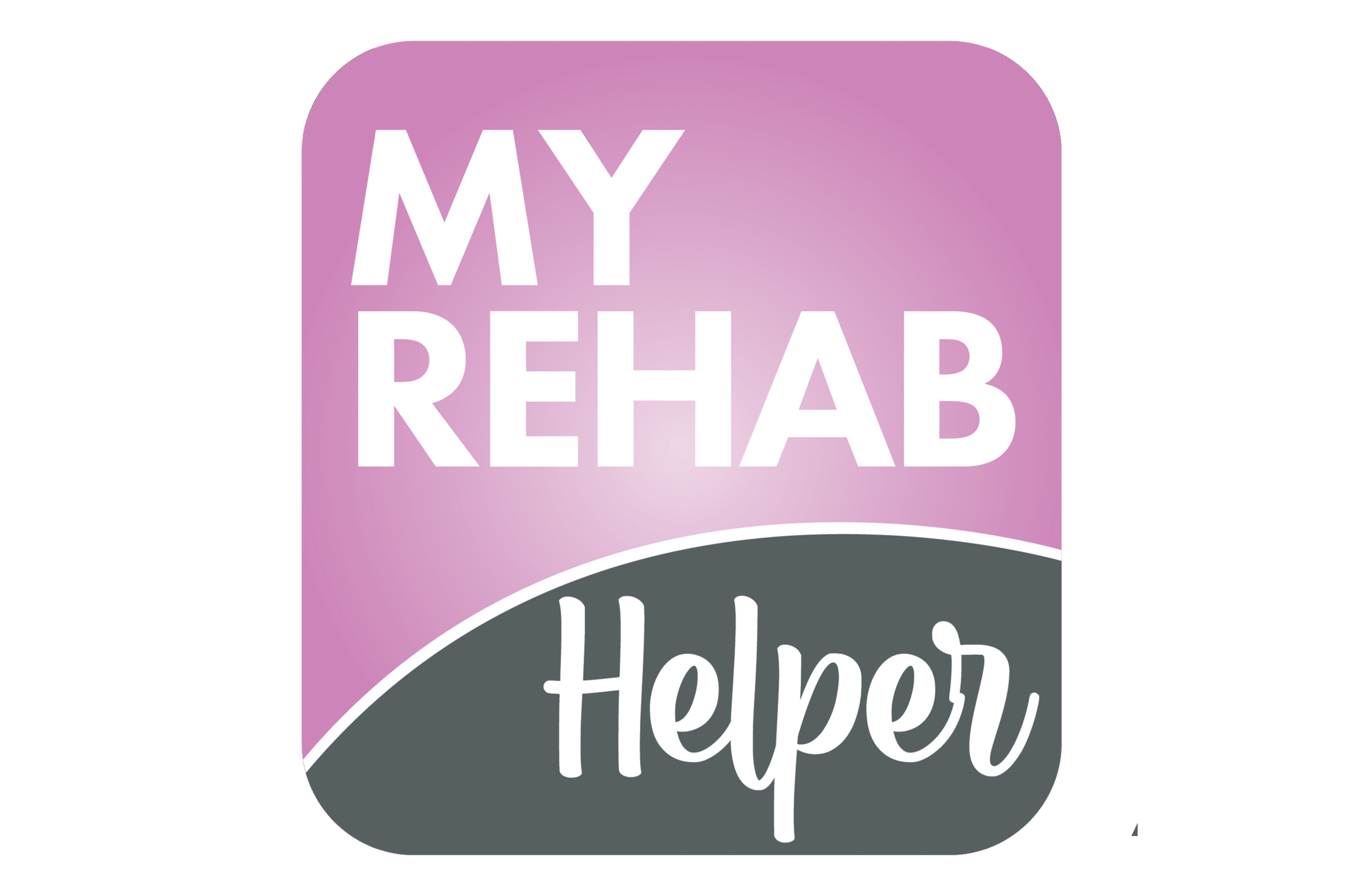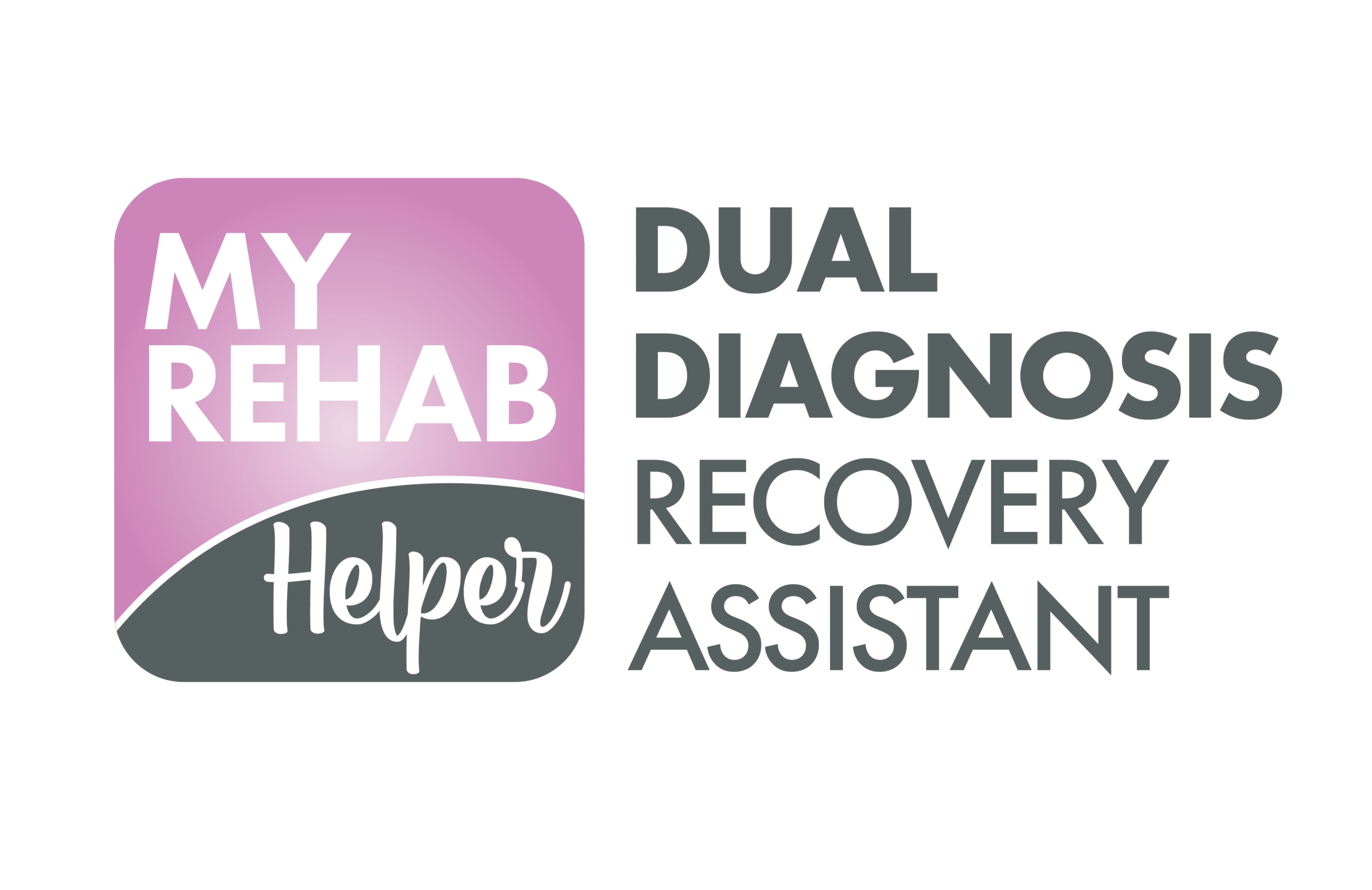
Can You Become Addicted to Over-the-Counter Sleeping Pills?
Can You Become Addicted to Over-the-Counter Sleeping Pills?
Understanding Over-the-Counter Sleeping Pill Addiction
Many people turn to over-the-counter (OTC) sleeping pills as a quick solution for sleep disturbances, but a common question arises: Can you become addicted to over-the-counter sleeping pills? While these medications are available without a prescription and are generally considered safe when used as directed, misuse or prolonged use can lead to dependence and addiction. The body can become tolerant to the sedative effects of these pills, leading individuals to take higher doses to achieve the same results. Over time, this can create a cycle of dependency, with withdrawal symptoms emerging when trying to stop use. Understanding the risks of OTC sleeping pills is essential for recognizing the signs of addiction and seeking help early to break free from dependency.
How Addiction Develops
Addiction to over-the-counter sleeping pills often begins subtly, with individuals using them for short-term relief from occasional sleep problems. However, repeated use can gradually lead to physical and psychological dependence. As the body builds a tolerance, the effectiveness of the pills decreases, prompting users to take larger doses to achieve the same sedative effect. This cycle of increased consumption can make it harder to stop, as the individual may experience withdrawal symptoms like anxiety, restlessness, or insomnia when they try to cut back or quit. Over time, the need to continue using the pills to function or sleep becomes more ingrained, leading to addiction. Understanding how addiction develops is key to recognizing early warning signs and seeking appropriate treatment before the problem escalates.
Psychological Dependence
In addition to physical dependence, psychological dependence is a significant factor in addiction to over-the-counter sleeping pills. Over time, individuals may begin to rely on these pills not just for sleep, but as a coping mechanism for stress, anxiety, or emotional discomfort. The belief that they cannot function or fall asleep without the pills can lead to a mental attachment, where the individual feels powerless to manage their sleep issues or emotional challenges without the medication. This form of dependence is often harder to overcome, as it involves deeply ingrained patterns of behavior and thinking. Overcoming psychological dependence requires addressing the root causes of reliance on the medication, often with the help of therapy and support systems that guide individuals toward healthier coping strategies and a drug-free lifestyle.
Call one of our MyRehab Helpers now!
Contact one of our helpers for ethical referals to a facility or health care professional that suits your unique circumstances.
Risks and Side Effects
Cognitive Impairment from OTC Sleep Aids
One of the lesser-known risks of over-the-counter sleeping pills is their potential to cause cognitive impairment. These medications, particularly when used over an extended period, can interfere with memory, attention, and overall brain function. Regular use can make it harder to concentrate, process information, or recall important details, leading to noticeable lapses in memory or confusion. Cognitive impairment may also affect decision-making abilities, making it more difficult for individuals to make sound judgments or engage in daily tasks with full mental clarity. This can lead to a decrease in overall quality of life, as tasks that once seemed simple become challenging. Understanding these cognitive effects is vital in recognizing when OTC sleeping pill use has moved beyond a simple remedy to a potential addiction that may require intervention and treatment.
Daytime Drowsiness and Its Impact
A common side effect of over-the-counter sleeping pills is daytime drowsiness, which can significantly affect daily functioning. While these medications are designed to help individuals fall asleep, the sedative effects often linger well into the next day, leaving users feeling groggy, fatigued, and unable to focus. This persistent drowsiness can impair performance at work, school, or in social situations, and increase the likelihood of accidents or mistakes. Moreover, chronic daytime drowsiness can also impact mood and motivation, contributing to feelings of irritability or frustration. Over time, reliance on sleeping pills to get through the night can result in a cycle of fatigue and poor sleep quality, making it harder to break free from the dependency. Addressing the underlying causes of sleep disturbances and seeking professional help can help individuals avoid the long-term consequences of daytime drowsiness.
Anticholinergic Effects
Withdrawal Symptoms
When individuals become dependent on over-the-counter sleeping pills, they may experience withdrawal symptoms when they attempt to stop or reduce their use. These symptoms can vary in severity and may include insomnia, anxiety, irritability, headaches, and nausea. In some cases, individuals may also experience tremors, sweating, and muscle tension, which can make the process of quitting even more challenging. The intensity of withdrawal symptoms is often influenced by the duration of use, dosage, and the individual’s overall health. Without proper support and a gradual tapering plan, withdrawal can be overwhelming, leading to a relapse or continued dependence. Understanding these withdrawal symptoms is crucial for seeking professional help and ensuring a safe, effective recovery process. Detox programs, counseling, and behavioral therapies can provide the necessary tools to navigate withdrawal and achieve long-term recovery.
Potential for Habit Formation
Over-the-counter sleeping pills have a significant potential for habit formation, especially when used frequently over an extended period. What may start as a temporary solution to sleep problems can quickly evolve into a habitual need, where individuals begin relying on the medication to fall asleep every night. Even though these pills are available without a prescription, their regular use can cause both physical and psychological dependence. As the body adjusts to the sedative effects, users may find that they can no longer fall asleep without the pills, creating a cycle of habitual use. This can be dangerous, as the line between regular use and addiction becomes blurred. If the habit continues unchecked, it can be harder to break free, and the risks of side effects, cognitive impairment, and withdrawal symptoms increase. Recognizing the early signs of habit formation can help individuals seek help before dependence turns into a full-blown addiction.
Safe Use of OTC Sleep Aids
While over-the-counter sleep aids can be effective for occasional sleeplessness, using them safely is essential to prevent the development of dependence or other adverse effects. It's crucial to follow the recommended dosage and avoid combining these medications with alcohol or other sedatives, as this can amplify their sedative effects and increase the risk of harmful side effects. OTC sleep aids should only be used on a short-term basis, and it’s important to address the underlying causes of sleep disturbances rather than relying on medication as a long-term solution. If sleep problems persist, it's advisable to consult a healthcare professional who can help identify the root cause and recommend alternative treatment options, such as cognitive-behavioral therapy for insomnia (CBT-I). Monitoring your health, maintaining a consistent sleep routine, and avoiding the misuse of sleep aids are key to using these medications safely and preventing addiction.
Strategies to Avoid Dependence
To avoid developing a dependence on over-the-counter sleeping pills, it’s important to adopt healthier sleep habits and explore alternative solutions. Cognitive Behavioral Therapy for Insomnia (CBT-I) is one of the most effective methods for addressing the root causes of sleep disturbances without the need for medication. Establishing a consistent sleep schedule, creating a relaxing bedtime routine, and optimizing your sleep environment can significantly improve sleep quality. Additionally, reducing caffeine intake, avoiding heavy meals before bedtime, and incorporating regular physical activity into your daily routine can support better sleep. If OTC sleep aids are used, they should be kept to a minimum and only used on a short-term basis to avoid the risk of tolerance and dependence. Seeking professional help at the first sign of trouble sleeping can prevent the need for long-term reliance on sleep medications and reduce the potential for addiction.
Call one of our MyRehab Helpers now!
Contact one of our helpers for ethical referals to a facility or health care professional that suits your unique circumstances.
Recognizing Signs of Dependency
It’s essential to be aware of the signs of dependency on over-the-counter sleeping pills to address the issue before it worsens. One of the first indicators is the increased frequency of use, where individuals begin relying on sleep aids more often than intended. If you find yourself taking the medication every night, or in larger quantities to achieve the same effect, this may signal the development of tolerance. Other signs of dependency include difficulty stopping the use of sleep aids despite efforts, cravings, or feeling anxious or irritable without them. You may also notice physical symptoms such as headaches, nausea, or sweating when you try to reduce or discontinue the medication. Additionally, if OTC sleep aids are affecting your daily functioning—such as causing daytime drowsiness, difficulty concentrating, or mood swings—this may indicate the need for professional help. Recognizing these signs early allows for timely intervention and reduces the risk of full-blown addiction.
Seeking Help for Dependence
Importance of Monitoring Usage
Closely monitoring the usage of over-the-counter sleeping pills is critical in preventing dependence and identifying potential issues early. Regularly tracking how often and in what amounts the sleep aids are being used can help individuals recognize when their reliance on the medication is increasing. It's also important to pay attention to how the body responds to the pills over time. If tolerance develops and larger doses are required to achieve the same effect, it may be a sign that the body is becoming dependent. Keeping a sleep journal or consulting with a healthcare provider can help in assessing the true need for these aids and identifying alternative, non-medication-based solutions for sleep problems. Being proactive in monitoring usage ensures that the medication is being used appropriately and safely, reducing the risk of long-term health issues or addiction.
